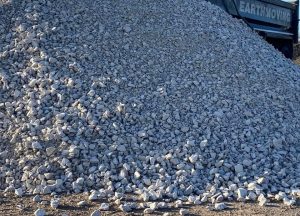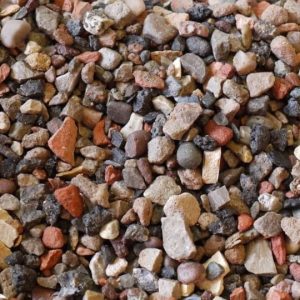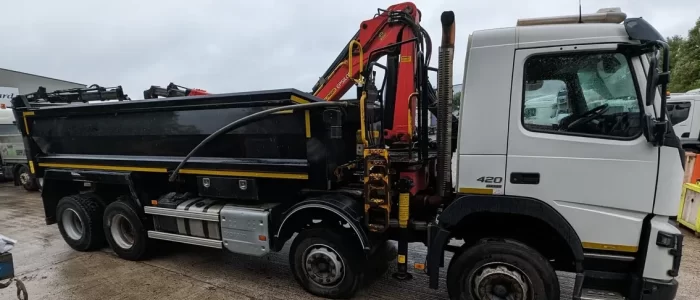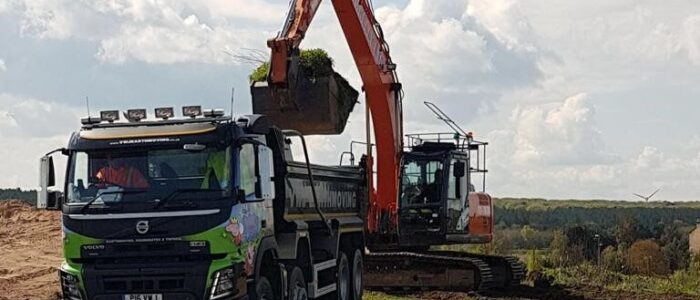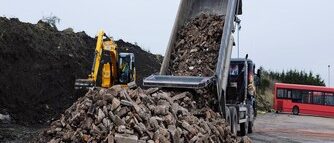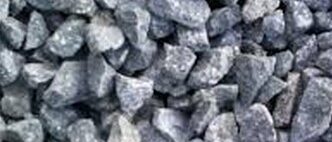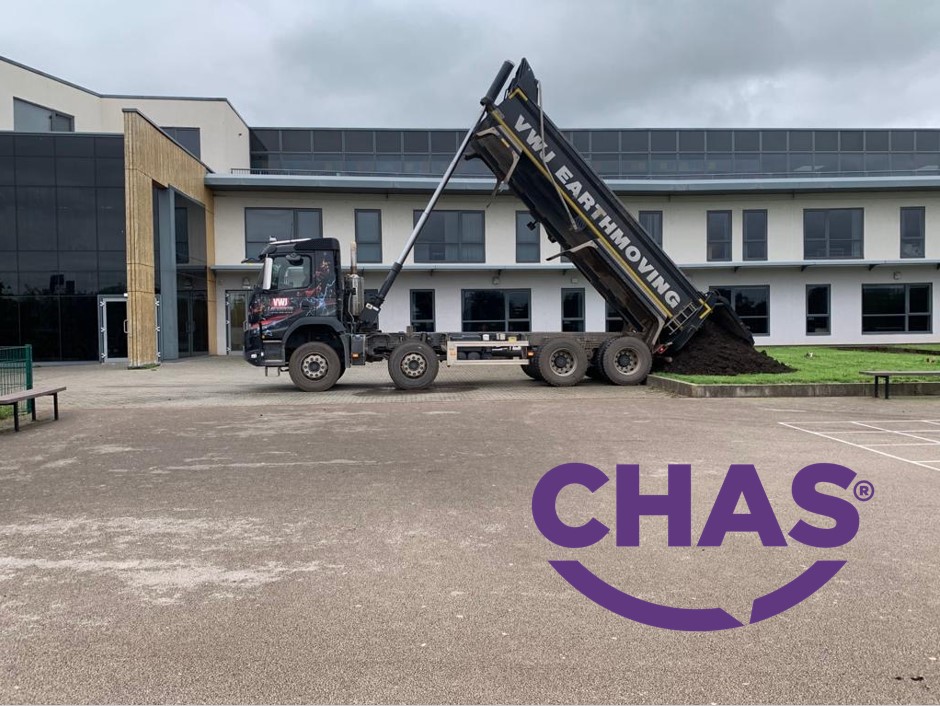VWJ Earthmoving – Aggregate Supply
Composition and Types of Aggregates:
- Aggregate supply encompasses a range of materials, including MOT Type 1, pipe bedding, sand, and recycled brick / concrete, planings used in construction.
- These materials are classified by size and purpose, such as coarse aggregates (gravel) and fine aggregates (sand), catering to specific needs like concrete mixing, road construction, and drainage systems.
Benefits to the Customer:
- Aggregates provide the foundational strength and stability needed for construction projects, improving durability and longevity.
- Their use in drainage systems helps prevent waterlogging, reducing maintenance costs and enhancing the safety and functionality of infrastructure.
Why Choose VWJ Earthmoving for Aggregate Supply?
At VWJ Earthmoving, we provide high-quality aggregates that meet industry standards, ensuring your construction projects have the best materials for long-lasting results. Our service covers the North West, Cheshire, Staffordshire, Deeside, and surrounding areas, offering you a reliable supply chain for all your aggregate needs. We understand the importance of timely delivery, which is why our fleet of 8 wheel tippers delivers approx 20 tonne loads, ensuring that your materials arrive onsite promptly and efficiently. Whether you’re constructing a new road or laying the foundation for a building, VWJ Earthmoving guarantees the highest quality and service. We have a min order of 10 tonnes.
Working with customers, not just for Them.
Here’s a comparison table between quarried aggregates and recycled aggregates:
Aspect |
Quarried Aggregates |
Recycled Aggregates |
|---|---|---|
| Price | Generally more expensive due to extraction and processing costs. | Typically cheaper due to lower processing costs and use of recycled materials. |
| Uses | Primarily used in high-specification construction projects like highways, bridges, and foundations. | Commonly used in lower-spec projects such as road base, landscaping, and non-structural concrete. |
| Environmental Impact | Higher environmental impact due to land disruption, energy use, and emissions during extraction and processing. | Lower environmental impact as it reduces waste sent to landfills and the need for new natural resources. |
| Availability | Availability can be limited to certain regions, depending on the proximity of quarries. | More widely available, especially in urban areas where demolition waste is plentiful. |
| Products |
|
|
| Pictures |
This table highlights key differences in price, uses, environmental impact, availability and products between quarried and recycled aggregates.
Common Questions About Aggregate Supply
1. What types of aggregates do you supply? We supply a wide range, including crushed stone, gravel, sand, and recycled concrete, suitable for various construction needs.
2. How do I determine the right type of aggregate for my project? Our team can help you choose based on your project’s specific requirements, whether for concrete mixing, drainage, or road construction.
3. What is the minimum order quantity? The minimum order quantity is 10 tonnes, ensuring efficient and cost-effective delivery.
4. Do you offer recycled aggregates? Yes, we promote high-quality recycled aggregates that are environmentally friendly and cost-effective.
5. How are the aggregates delivered? Aggregates are delivered loose in approx 20tonne loads via our 8 wheeled tippers, ensuring timely and safe transportation.
6. Can I schedule a delivery time? Yes, we offer flexible delivery schedules to fit your project timeline.
7. What areas do you serve? We cover the North West, Cheshire, Staffordshire, Deeside, and the surrounding areas, ensuring local businesses have access to top-quality aggregates.
8. Can you assist with large-scale projects? Absolutely, we have the capacity and resources to supply aggregates for projects of any size.
Locations we deliver our aggregates include
Crewe – Nantwich – Sandbach – Congleton – Holmes Chapel – Knutsford – Macclesfield – Middlewich – Winsford – Northwich – Hartford – Tarporley – Chester – Ellesmere Port – Alsager – Kidsgrove – Biddulph – Betley – Madeley – Keele – Audley – Newcastle-under-Lyme – Stoke-on-Trent – Tunstall – Burslem – Longton – Hanley – Fenton – Hanchurch – Trentham – Werrington – Blythe Bridge – Caverswall – Meir – Stone – Loggerheads – Stafford

